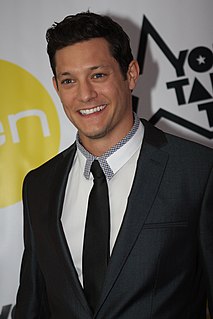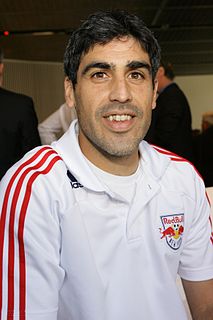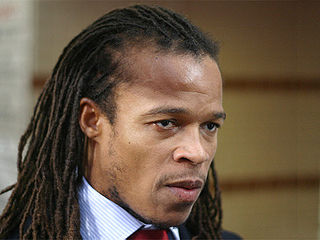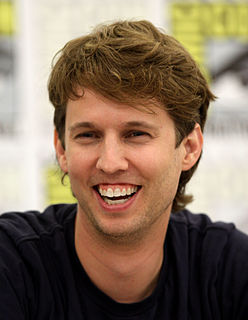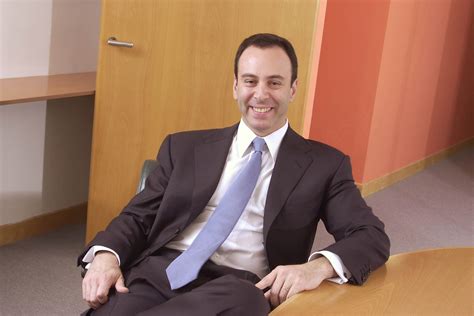A Quote by Paul Polman
This world is changing enormously. In any position in a company you need to work very hard on learning new skills every day, but you also need to unlearn some of the old skills from the past.
Related Quotes
President Bush said that American workers will need new skills to get the new jobs in the 21st century. Some of the skills they're going to need are Spanish, Chinese, Korean, because that's where the jobs went. Who better than Bush as an example of what can happen when you take a job without any training.
It's possible at any time during a player's career to get into top physical shape or to try to win every game! But you can't teach skills to an old player. Youth coaches should keep in mind that individual skills need to be nurtured at an early age. Players who haven't mastered the fundamental skills become frustrated because the game gets too difficult for them as they move into higher levels.
Very little attention is paid to improving the decision-making skills of both individual executives and the organizational benchstrength as a whole. Often we find that this is overlooked because there is a common assumption the business executives have all the requisite cognitive skills they need when they come to work for the organization. The problem with that perspective is that it overlooks the fact that thinking skills can be learned and improved at any time during the course of a persons lifetime.
We have this myth that if you work hard, you can accomplish anything. It's not a very American thing to say, but I don't think that's true. It's true for a lot of people, but you need other things to succeed. You need luck, you need opportunity, and you need the life skills to recognize what an opportunity is.
Asian players are very eager to work hard, but they don't have the physicality of the Europeans, so they might actually need to work twice as hard. With street football, their skills will improve a lot, and so will their tactical awareness, because by playing within a limited space, you need to be very focused on your game.
Without question, students need to practice, review, and drill skills, but they should do so only in the spirit of working toward more complex mastery of those skills. Redundant drill of skills is inherently boring and insulting to the learner, and it is one of the most effective methods for turning students off to learning.
My father once said about being a parent that it is the only thing you do that requires a very long period of learning, and at about the time that you are becoming competent, you don't need the skills anymore. Notwithstanding this modest assessment of their parenting skills, they were wonderful parents.

